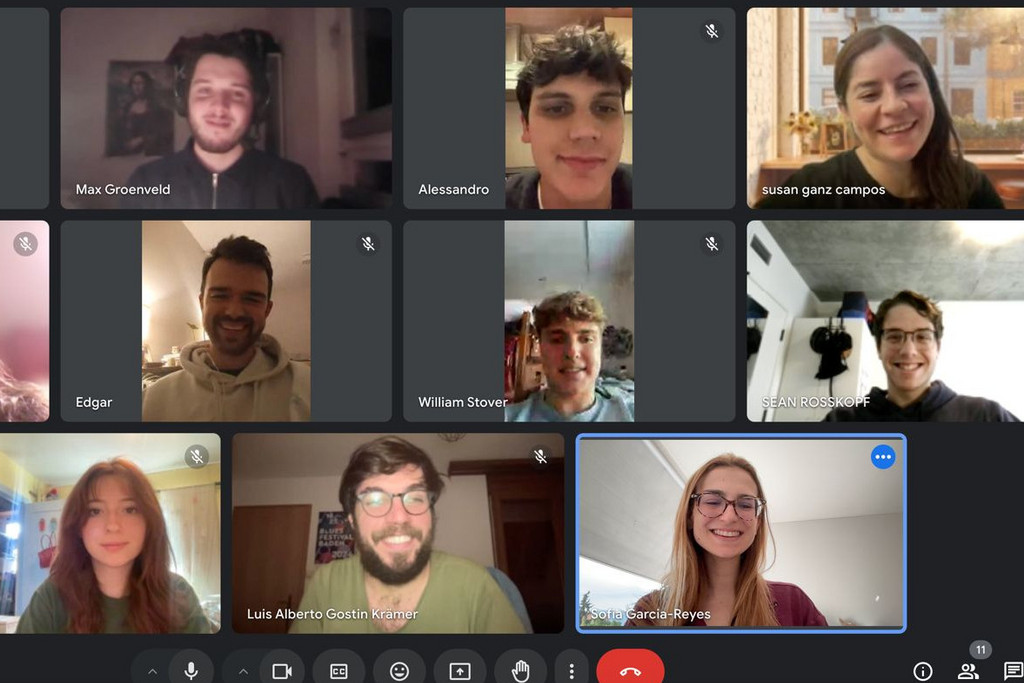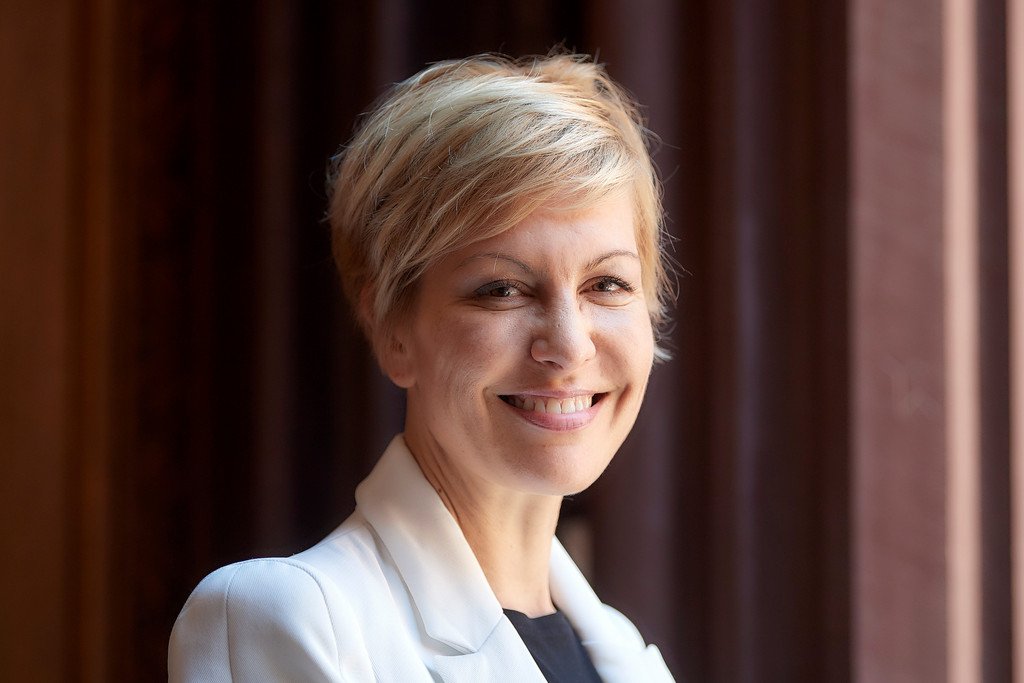In Switzerland, over 255,000 students are currently enrolled in Bachelor’s, Master’s or doctorate courses. The proportion of women studying at Swiss universities has risen to around 52 per cent in recent years.
With the exception of one private University of Applied Sciences, all of Switzerland’s universities are public institutions. The ETH Zurich, the EPF Lausanne and a number of other Swiss universities are well placed in the international rankings (ogy.de/rankings). These rankings are based on various criteria and are mostly geared to a specific target audience (students, researchers, sponsors, prospective students). No rankings can reflect or ultimately compare all the aspects that contribute to a good university. Factors such as geographical location and the local culture also need to be taken into account.
Universities and the ETH and EPF
Some 157,000 students are currently enrolled across Switzerland’s ten universities and two federal institutes of technology ETH and EPF. The universities offer courses in law, economics, mathematics, natural sciences, humanities, and social sciences, while the ETH and EPF focus on engineering, mathematics, and natural sciences. To gain admission, students need to have obtained their Swiss high-school diploma (Matura) or a foreign equivalent. Special requirements apply to students who wish to study medicine. Prospective students must normally register with any one of these institutions by the end of April.
Nine Universities of Applied Sciences
Around 80,000 students are currently enrolled across Switzerland’s nine Universities of Applied Sciences, where over 60 educational departments offer practical study primarily in the areas of health, social sciences, business management, innovative technologies, music, and art. To gain admission, students need to have completed an apprenticeship-based vocational baccalaureate or a high-school diploma followed by a subsequent year of work experience.
Universities of Teacher Education
There is a University of Teacher Education in nearly every canton. Around 21,000 students are currently training to become teachers at the various school levels (nursery school, primary school, lower-secondary level, upper-secondary level) or in special needs education (e.g. speech therapy). Admission requirements vary depending on the specific course of study.
The educationsuisse staff recommend starting your research well in advance. Please do not hesitate to contact them for information or advice.
educationsuisse, Education in Switzerland, Alpenstrasse 26, 3006 Berne, Switzerland, Tel. +41 31 356 61 04
info@educationsuisse.ch
www.educationsuisse.ch







![[Translate to English:]](/fileadmin/_processed_/c/2/csm_online_Revue_2502_SC-Webinar_a26f678026.jpg)




Comments